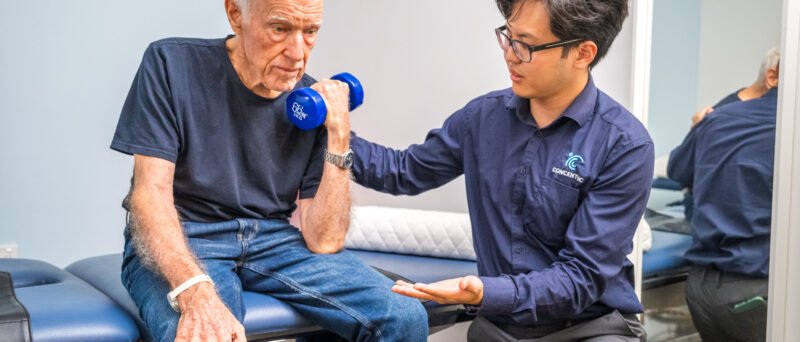South Korea’s medical landscape is unique in its seamless integration of Traditional Korean Medicine (TKM) with modern surgical care, especially in the field of post-surgery recovery. For international patients undergoing cosmetic or reconstructive surgery, this blend offers a holistic, balanced approach that enhances healing, reduces complications, and supports overall well-being.
In this article, we explore how Traditional Korean Medicine is incorporated into post-operative recovery programs in Korea, and why it is an essential complement to advanced medical treatments.
What is Traditional Korean Medicine (TKM)?
Traditional Korean Medicine is a comprehensive system of healing that includes acupuncture, herbal medicine, moxibustion (heat therapy), cupping, and therapeutic massage. Rooted in centuries of Korean culture and philosophy, TKM focuses on restoring balance in the body’s energy (known as Qi or Gi), improving circulation, and supporting the immune system.
How TKM Supports Post-Surgery Recovery
1. Reducing Inflammation and Swelling
Inflammation and swelling are natural after surgery but can delay healing or cause discomfort. TKM therapies such as acupuncture and herbal compresses stimulate circulation and lymphatic drainage, helping to reduce excess fluid accumulation and inflammation more quickly than conventional care alone.
2. Managing Post-Operative Pain
Acupuncture is widely recognized for its analgesic effects. Korean practitioners use targeted acupuncture points to alleviate pain without heavy reliance on medications, reducing the risk of side effects from opioids or other painkillers.
3. Enhancing Immune Function and Tissue Repair
Certain Korean herbal medicines prescribed post-surgery contain natural antioxidants and compounds that boost the immune system, promote cell regeneration, and speed up wound healing. These formulations are tailored to each patient’s condition and surgery type.
4. Promoting Relaxation and Mental Well-being
Post-surgery stress and anxiety can impede recovery. TKM treatments like moxibustion and therapeutic massage help calm the nervous system, improve sleep quality, and balance emotional health—key factors that support physical healing.
Typical TKM Treatments in Korean Post-Surgery Recovery Programs
- Acupuncture Sessions: Carefully administered by licensed Korean medicine doctors to target pain relief, swelling, and energy balance.
- Herbal Medicine Prescriptions: Customized herbal teas or extracts taken orally or applied topically to support healing.
- Moxibustion Therapy: Application of heat near acupuncture points to stimulate blood flow and reduce muscle stiffness.
- Cupping Therapy: Gentle suction on the skin to improve circulation and alleviate tension.
- Korean Body Massage (Chuna Therapy): Specialized massage techniques that promote lymphatic drainage and flexibility.
Combining TKM with Modern Medical Treatments
Korean clinics emphasize a multidisciplinary approach where TKM practitioners work alongside surgeons, nurses, and physiotherapists. This collaborative care model ensures that:
- TKM therapies complement and enhance surgical recovery without interfering with medical treatments.
- Patients receive holistic care tailored to their unique healing needs and cultural preferences.
- Recovery timelines are optimized by addressing both physical and energetic imbalances.
Patients benefit from a customized recovery plan that integrates the best of both worlds.
Benefits for International Patients
International medical tourists often appreciate the inclusion of Traditional Korean Medicine because:
- It offers natural, drug-free options for pain management and healing support.
- It reflects Korea’s cultural heritage, providing an authentic and enriching medical experience.
- It supports long-term wellness beyond the immediate surgical recovery phase.
- Many clinics offer English-speaking TKM practitioners to ensure clear communication and comfort.
Conclusion
Integrating Traditional Korean Medicine into post-surgery recovery plans is a distinctive strength of Korea’s medical tourism industry. By harmonizing ancient healing wisdom with modern surgical excellence, Korean hospitals provide patients with a more complete, effective, and personalized recovery journey.
If you’re planning cosmetic or reconstructive surgery in Korea, exploring clinics that offer TKM-based recovery programs can greatly enhance your healing and overall satisfaction.




